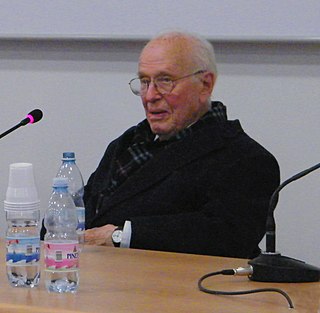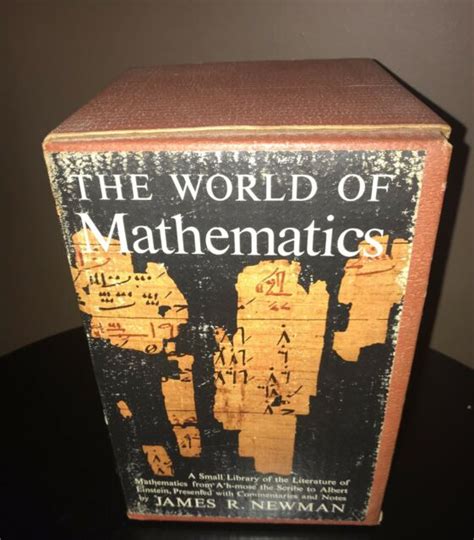A Quote by Leonardo da Vinci
Mechanics is the paradise of the mathematical sciences because by means of it one comes to the fruits of mathematics.
Quote Topics
Related Quotes
It seems perfectly clear that Economy, if it is to be a science at all, must be a mathematical science. There exists much prejudice against attempts to introduce the methods and language of mathematics into any branch of the moral sciences. Most persons appear to hold that the physical sciences form the proper sphere of mathematical method, and that the moral sciences demand some other method-I know not what.
Mathematics is a logical method. . . . Mathematical propositions express no thoughts. In life it is never a mathematical proposition which we need, but we use mathematical propositions only in order to infer from propositions which do not belong to mathematics to others which equally do not belong to mathematics.
Here is a quilted book about mathematical practice, each patch wonderfully prepared. Part invitation to number theory, part autobiography, part sociology of mathematical training, Mathematics without Apologies brings us into contemporary mathematics as a living, active inquiry by real people. Anyone wanting a varied, cultured, and penetrating view of today's mathematics could find no better place to engage.
Those who assert that the mathematical sciences say nothing of the beautiful or the good are in error. For these sciences say and prove a great deal about them; if they do not expressly mention them, but prove attributes which are their results or definitions, it is not true that they tell us nothing about them. The chief forms of beauty are order and symmetry and definiteness, which the mathematical sciences demonstrate in a special degree.
Mathematical economics is old enough to be respectable, but not all economists respect it. It has powerful supporters and impressive testimonials, yet many capable economists deny that mathematics, except as a shorthand or expository device, can be applied to economic reasoning. There have even been rumors that mathematics is used in economics (and in other social sciences) either for the deliberate purpose of mystification or to confer dignity upon common places as French was once used in diplomatic communications.







































